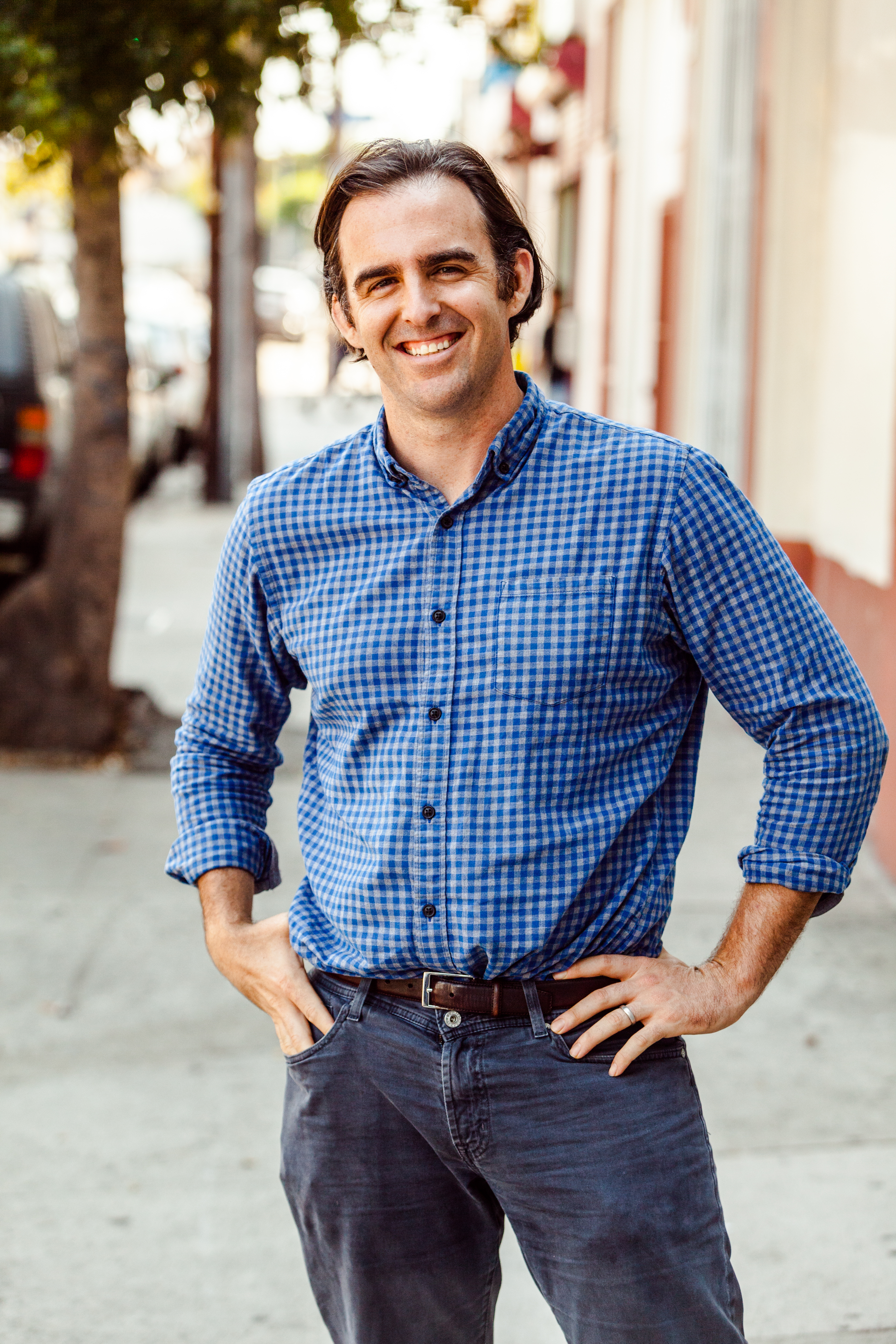
"I believe that healthy food is a human right, not a luxury, and that we can create a more equitable and sustainable food system. My mission is to make healthy food accessible and affordable for everyone, regardless of income or location."
Food deserts, which are often found in dense urban areas, are not only defined by their distance from grocery stores, but also by the financially inequitable access to commercial fresh and nutritious food. In the Los Angeles area, the mission of Everytable is to provide local fresh meals at affordable prices. They have reinvented the "food chain" business model, offering convenient, nutritious food at a price point competitive to fast food. With their locations in food deserts, as well as in affluent areas, Everytable ensures that everyone can access affordable meals.
LMU was joined by Everytable founder and CEO Sam Polk, who spoke on his experience in food justice, conscious capitalism, nonprofits, startups, and leadership of Everytable. The event began with an extensive deep dive into the business model Polk created for Everytable that will educate the audience on South Los Angeles' competitive fast-food economy and vast food deserts. Then, the floor opened to student teams, pitching strategy to expand the reach and impact of Everytable.
*Co-sponsored by the Department of Management along with the Accounting Society, International Business Society, LM-UMatch, and Marketing Society.
-911x304.png)
Speakers
Sam Polk

Sam Polk is the co-founder and CEO of Everytable, an omni-channel fresh prepared-food business making healthy food affordable for all, and founder and Board Member of Feast, a national non-profit that advances wellness in underserved communities. In a prior life, Sam was a senior distressed trader at King Street Capital. He is the author of the memoir For The Love of Money (Scribner, 2016) and the viral front-page New York Times OpEd of the same title. His writing has been published in The Los Angeles Times, The Orange County Register, The Huffington Post and CNBC.com. He serves on the Leadership Board of The Los Angeles Food Policy Council, the Advisory Board of Conscious Capitalism Los Angeles, and the Advisory Board of the Resnick Center for Food Law & Policy at UCLA. He is a graduate of Columbia University and holds the Chartered Financial Analyst (CFA) designation.